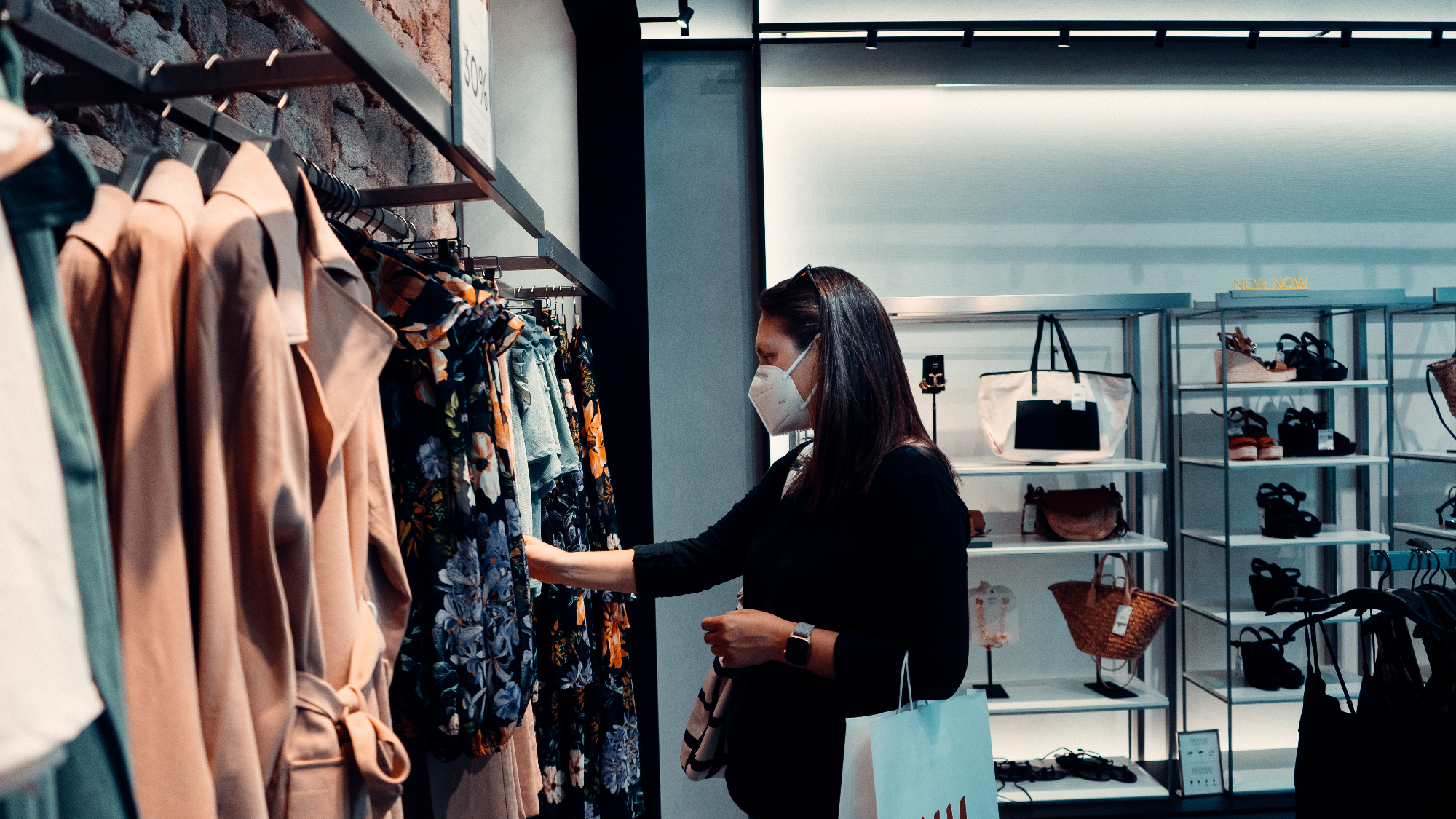Revenge Spending

June 15, 2021
For those unaffected by unemployment and reduced income, personal savings are stronger than ever. As non-essential shops and services re-open, business hopes are focussed on ‘revenge spending’ sprees as seen earlier in China. Yet, Netherside is airing on the side of caution as often the recovery from a significant downturn can be more of a struggle than the downturn itself.
This time last year the grip of the pandemic forced businesses in multiple sectors to pause operations due to extended lockdowns across the globe. Fast-forward to the present and fortunes seem to be improving as the economy is reopened bit by bit, albeit with a slight delay due to the recent spread of Delta variant first identified on the Indian subcontinent.
Of course, with the return of those activities comes a return to spending. As Netherside illustrated in our recent article (Optimistic Outlook 2021), pandemic trends have revealed that those not suffering from unemployment have managed to save more money than ever over the last few months. This is notably due to dropping commuting expenses and a continuation of Work from Home practices. With a loss of spending opportunity, pent-up demand has been growing and with it a spirit of vengeance spending – Revenge Spending.
Revenge spending in China certainly boosted prospects for luxury brands badly hit by restrictions in a market that typically contributes up to 50% of global revenues in the luxury industry (CNN Business, 2020). Yet, can the same predictions be made for other international markets?
The question remains for business leaders, is there more revenge spending to be done? Moreover, how can businesses mitigate the fluctuation in demand as revenge spending diminishes?
In the UK, figures from Springboard (2021) show that in the initial reopening phase of non-essential shops in the UK, footfall on British high streets was up 87.8% week-on-week. However, numbers were still under the pre-pandemic levels as caution still hovers over the population. As further restrictions were eased earlier in May, data suggests that footfall has not grown further although bad British weather may be a significant factor here (BBC, 2021).
Netherside recognises that while the prospect of a revenge spending boost may improve cash flow in the short term, it is unwise to accept inflated figures as a sustainable point of certainty for future months. The recovery from a downturn can often be more challenging than the downturn itself as demand is mismanaged and not forecast.
As experts in valuation and strategy, Netherside is rightly prepared to work with businesses to ensure a stable and sustainable recovery out of the pandemic. To speak with us on how we can support your recovery, please email info@nethersidecg.com.
